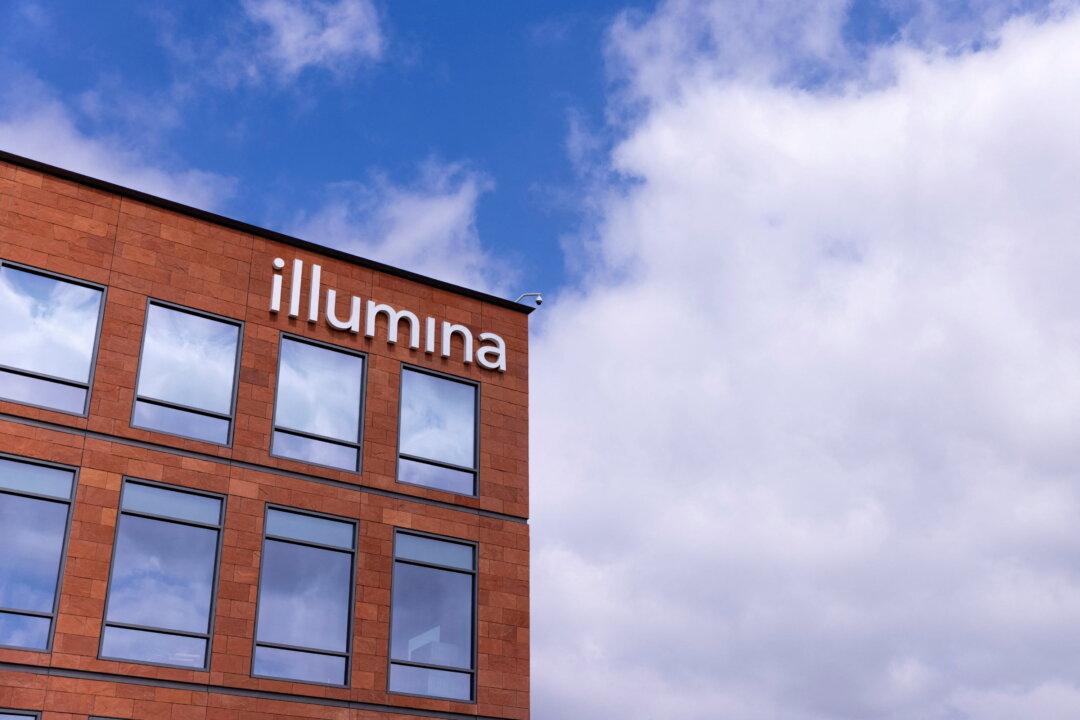BRUSSELS—U.S. life sciences firm Illumina will have to divest biotechnology company Grail after an EU veto of the $7.1 billion acquisition over concerns it would hurt competition and stifle innovation.
The European Commission, which acts as the competition enforcer in the 27-country bloc, said on Tuesday that Illumina’s remedies did not adequately address its concerns.





